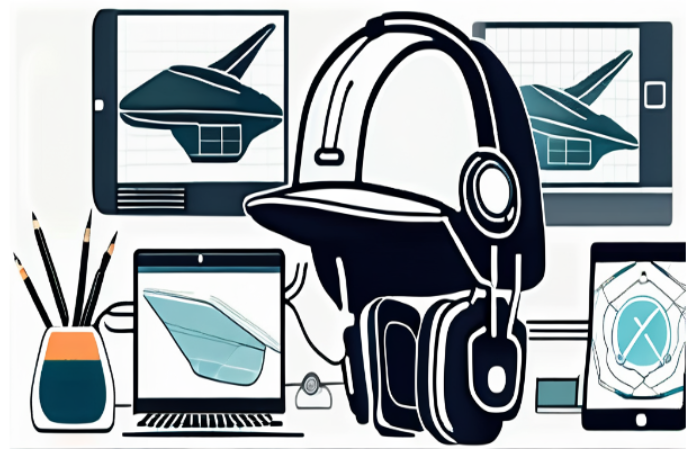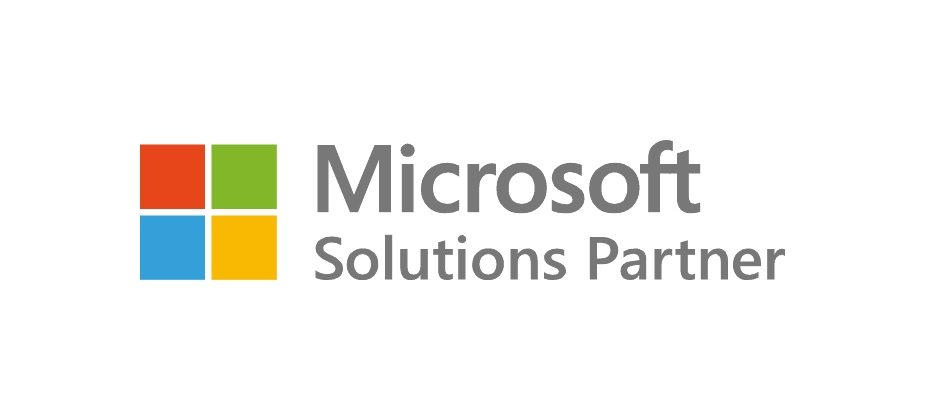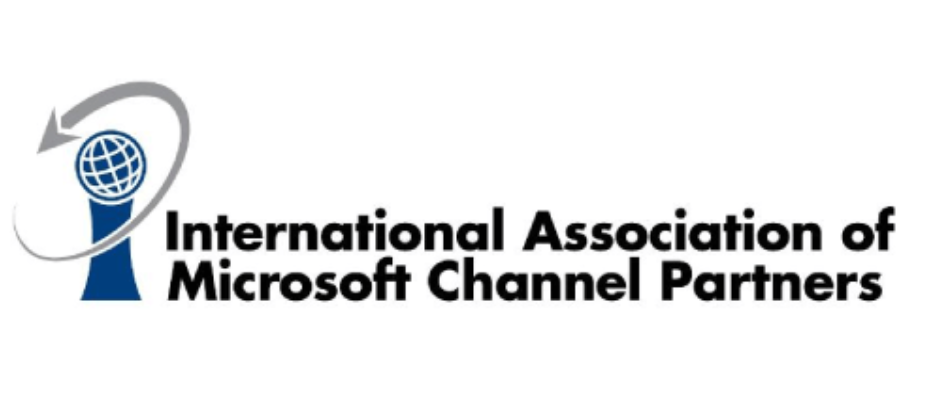Capture the true value of digital technology
We are Microsoft partners and excel in cloud operations, digital transformation and engineering services. At Csharptek, we believe in technological progress – that strides in digital technology, business intelligence and science can lead to better business outcomes, save costs and better human lives. We are at the forefront of innovation and help clients explore the evolving world of cloud and digital technology. We adopt an agile approach to technology, have the business intelligence, technological know-how and next-gen expertise to deliver unprecedented solutions to improve service performances and ensure customer delight.
Contact UsContact Info
- 199/A, Mandaliya Nagar, Bariatu, Ranchi
- +91-9334646668
- info@csharptek.com
- Week Days: 09.00 to 18.00 Saturday and Sunday: Closed
Discover the crucial role of a co-pilot in the ever evolving Ed-Tech industry
- Manjika Tantia

In the ever-evolving world of educational technology, the role of a co-pilot is gaining significant recognition and importance. These highly skilled professionals are the driving force behind the development and implementation of specialized generative Artificial Intelligence (AI) copilots. With the advent of technologies like the Microsoft Azure OpenAI Service, co-pilots have become instrumental in revolutionizing the way we approach education and learning.
Develop Specialized Generative AI Copilots
One of the key responsibilities of a co-pilot in the Ed Tech industry is to develop specialized generative AI copilots. These copilots are designed to assist both students and teachers in their educational journey. By leveraging advanced AI algorithms, co-pilots can analyse vast amounts of data and provide personalized recommendations, guidance, and support.
These AI copilots are not meant to replace human educators, but rather to augment their abilities. They can provide automated feedback, suggest customized learning paths, and even generate interactive and engaging content, tailored to the individual needs of each student. This level of personalization has the potential to revolutionize the way education is delivered and received.
Imagine a scenario where a student is struggling with a complex mathematical concept. With the help of a generative AI copilot, the student could receive real-time explanations, interactive visualizations, and practice problems specifically tailored to address their areas of difficulty. This personalized approach not only enhances the student's understanding but also boosts their confidence and motivation to learn.
Furthermore, these AI copilots can adapt to different learning styles and paces, ensuring that each student receives the support they need to succeed. By continuously analysing performance data and learning patterns, the copilots can offer timely interventions and suggestions for improvement. This proactive assistance fosters a dynamic and responsive learning environment, empowering both students and educators to achieve greater outcomes.
Microsoft Azure OpenAI Service
The Microsoft Azure OpenAI Service has emerged as a powerful platform for developing and deploying AI copilots in the Ed Tech industry. With its scalability, flexibility, and robust infrastructure, this service has enabled co-pilots to operate efficiently on a large scale. By leveraging the power of the cloud, co-pilots can process immense amounts of data in real-time, making educational experiences more dynamic and adaptive.
The Microsoft Azure OpenAI Service allows co-pilots to harness the power of machine learning and natural language processing, enabling them to understand and respond to student queries and needs effectively. This seamless integration of technology into the educational ecosystem has the potential to greatly enhance the learning experience for students across the globe.
Moreover, the Microsoft Azure OpenAI Service offers a wide range of tools and resources for developers to create innovative AI solutions tailored to the specific needs of the education sector. From personalized learning algorithms to virtual tutoring systems, the possibilities are endless with this cutting-edge service. Developers can access pre-trained models and APIs to expedite the development process and focus on customizing AI copilots to meet the unique requirements of different educational institutions.
Furthermore, the Azure OpenAI Service provides robust security features to safeguard sensitive student data and ensure compliance with privacy regulations. With end-to-end encryption and secure data storage capabilities, educational organizations can trust that their information is protected while benefiting from the advanced AI capabilities offered by the platform.
The Role of a Co-Pilot in the Ed Tech Industry
Co-pilots play a pivotal role in the Ed Tech industry. They act as guides, mentors, and companions to both students and educational institutions. Their primary objective is to create an interactive and immersive learning environment for students, where they can thrive and maximize their potential.
As a co-pilot, one must possess a deep understanding of pedagogy, educational psychology, and technology. This multifaceted expertise allows co-pilots to develop educational strategies that seamlessly integrate technology into the curriculum, fostering a holistic and engaging learning experience for students.
Moreover, co-pilots serve as innovators in the field of education technology, constantly exploring new tools and methods to enhance the learning process. They collaborate with teachers, administrators, and tech developers to stay at the forefront of educational trends and best practices. By staying abreast of the latest advancements in Ed Tech, co-pilots ensure that students are exposed to cutting-edge resources that promote critical thinking, creativity, and collaboration.
Additionally, co-pilots play a crucial role in supporting educators in their professional development. They provide training sessions, workshops, and resources to help teachers effectively integrate technology into their lesson plans and classroom activities. By empowering educators with the knowledge and skills to leverage Ed Tech tools, co-pilots contribute to the overall growth and success of educational institutions.
Responsibilities and Duties of a Co-Pilot in Educational Technology
The responsibilities and duties of a co-pilot in the field of educational technology are multifaceted. Co-pilots are not only responsible for the development and deployment of AI copilots but also for the ongoing maintenance and improvement of these systems.
One crucial aspect of a co-pilot's role is designing and developing AI copilots that align with specific learning objectives and educational philosophies. This involves a deep understanding of pedagogy and instructional design principles to create AI systems that enhance the learning experience for students.
Collaboration is key for co-pilots, as they work closely with teachers and educators to integrate AI copilots into the curriculum effectively. By fostering strong partnerships with educational stakeholders, co-pilots can ensure that the technology complements and enhances traditional teaching methods.
1. Designing and developing AI copilots that align with specific learning objectives and educational philosophies.
2. Collaborating with teachers and educators to integrate AI copilots into the curriculum effectively.
3. Monitoring and analysing data to ensure the copilots are providing accurate and meaningful feedback.
4. Conducting ongoing research and staying up to date with the latest advancements in AI and educational technology.
5. Continuously evaluating and refining the copilots based on feedback from students, teachers, and educational institutions.
These responsibilities require co-pilots to possess strong problem-solving skills, an innovative mindset, and a deep passion for education and technology.
Furthermore, co-pilots must stay abreast of emerging trends in artificial intelligence and educational technology. By attending conferences, workshops, and engaging in continuous professional development, co-pilots can ensure that their AI copilots remain at the forefront of innovation in the field.
The Future of Co-Pilots in Education Technology: Trends and Predictions
The future of co-pilots in the Ed Tech industry looks promising. As technology continues to advance at an unprecedented pace, co-pilots will play a vital role in shaping the future of education. Here are a few key trends and predictions:
• Increased personalization: Co-pilots will become even more adept at tailoring educational experiences to the unique needs of each student, providing personalized support and guidance.
• Expanded accessibility: Co-pilots will help bridge the digital divide by ensuring that educational opportunities reach students from diverse backgrounds and geographical locations.
• Enhanced collaboration: Co-pilots will facilitate collaborative learning experiences, allowing students to connect with peers from around the world and engage in meaningful educational interactions.
• Integration of emerging technologies: Co-pilots will leverage emerging technologies such as virtual reality, augmented reality, and blockchain to create immersive and secure educational environments.
As we move forward into the future, co-pilots will continue to pioneer innovation in the Ed Tech industry, revolutionizing the way we teach and learn.
One exciting trend that we can expect to see in the future is the integration of artificial intelligence (AI) into co-pilots. With AI, co-pilots will be able to analyses vast amounts of data and provide even more accurate and tailored educational experiences. Imagine a co-pilot that can understand a student's learning style, strengths, and weaknesses, and adapt the curriculum accordingly. This level of personalization will truly revolutionize education, allowing each student to reach their full potential.
Another trend that will shape the future of co-pilots is the use of data analytics. Co-pilots will be able to collect and analyses data on student performance, engagement, and progress, providing valuable insights to educators. This data-driven approach will enable educators to identify areas where students may be struggling and intervene early, ensuring that no student is left behind. Additionally, data analytics will help educators measure the effectiveness of different teaching methods and make informed decisions about curriculum design and instructional strategies.
Furthermore, co-pilots will continue to evolve in their ability to foster collaboration among students. With advancements in communication technologies, co-pilots will enable students to connect with peers from different cultures and backgrounds, fostering a global perspective and promoting cultural understanding. Collaborative projects and virtual classrooms will become the norm, allowing students to work together on real-world challenges and develop essential skills such as teamwork, communication, and problem-solving.
In conclusion, the role of a co-pilot in the Ed Tech industry is both transformative and essential. With their expertise in developing specialized generative AI co-pilots and leveraging platforms like the Microsoft Azure OpenAI Service, co-pilots are revolutionizing education. By playing a crucial role in the integration of technology into the educational ecosystem, co-pilots are shaping the future of learning and empowering students to reach their full potential.
- Share This Post :
- Tweet





Contact Us